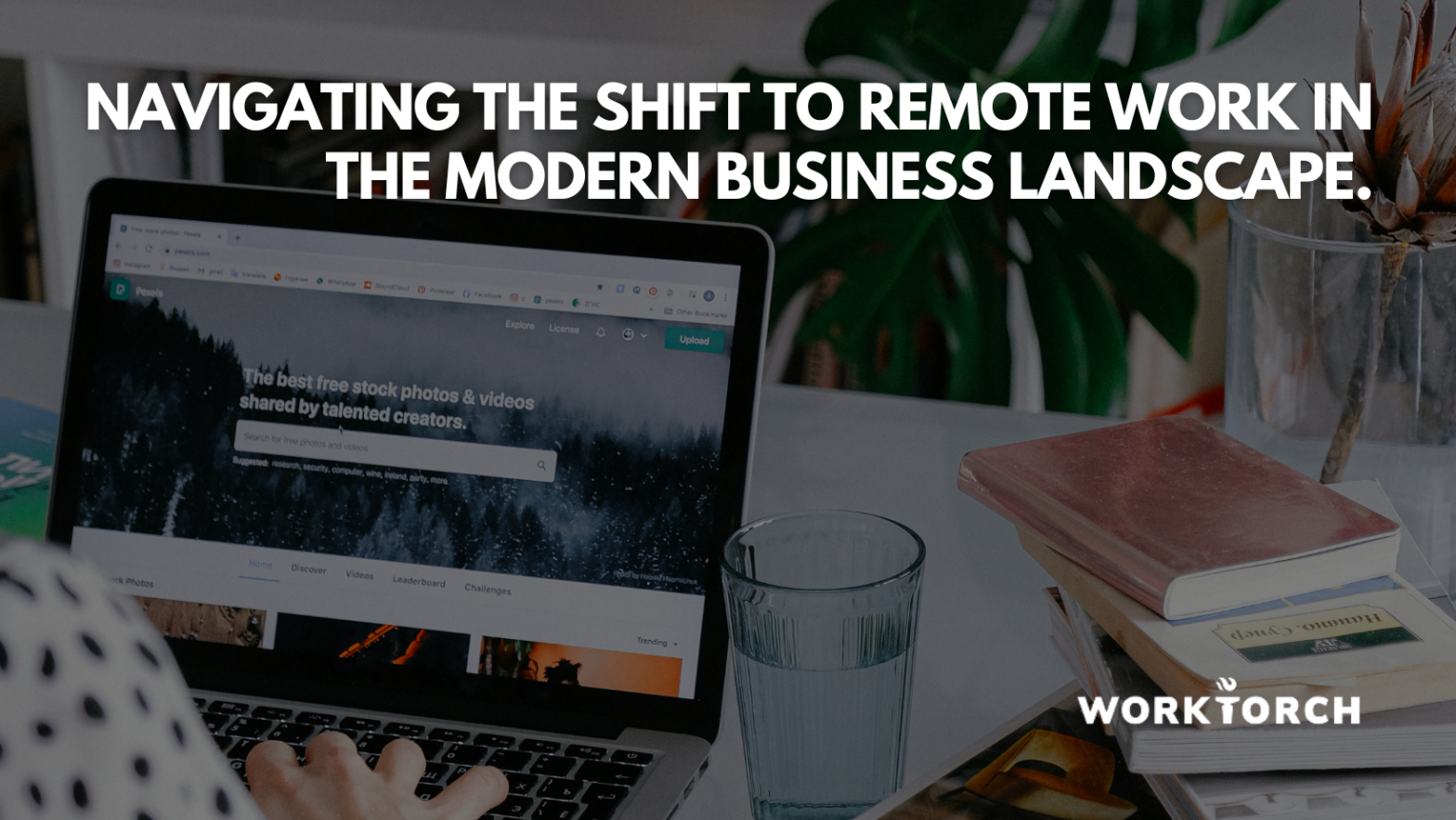COVID had one of the biggest impacts on our world in modern day history. One of the biggest impacts is how and where people work. When people were forced to shelter in place, the economy had to keep moving. Which meant employers had to become flexible on where their employees worked. While some companies have since gone back to in-person work, many employers have opted to continue remote work. Advances in technology has allowed companies to continue to operate, at times even more efficiently, with remote work environments. As businesses adapt to this new normal, it’s crucial to navigate the challenges and opportunities that come with this paradigm shift.
Embracing the Cultural Shift
Remote work represents more than just a change in location; it signifies a cultural shift in the way businesses operate. As companies move away from traditional office setups, the focus shifts towards building a culture of trust, flexibility, and collaboration. Leaders must foster an environment where employees feel empowered to work independently while maintaining open lines of communication.
Investing in Your Technology
It’s impossible to have a successful remote work environment without a robust technology infrastructure. Examples of tools needed include project management, communication, collaboration, cloud-based solutions and cybersecurity. Investing in your technology is sure to pay dividends in employee output and productivity remotely.
Balancing Flexibility and Structure
One of the challenges in remote work is finding the right balance between flexibility and structure. While remote employees appreciate the freedom to manage their own schedules, establishing clear expectations and guidelines is essential. Regular check-ins, virtual meetings, and transparent communication help maintain a sense of structure while allowing employees the autonomy to manage their workload efficiently.
Building a Remote-friendly Culture
While working remotely can be a perk for many, it can also take a toll mentally for some. It’s important to have a remote-friendly culture that goes beyond just technology and policies. It’s important to address the challenges remote workers face, such as isolation and the blurred line between work and personal life. Companies can foster a sense of belonging through virtual team-building activities, mentorship programs, and wellness initiatives.
Effective Communication Strategies
Communication is the cornerstone of successful remote work. Establishing clear channels for communication, whether through instant messaging, video conferencing, or project management tools, helps teams stay connected. Leaders should encourage regular team meetings, one-on-one check-ins, and transparent communication channels to prevent misunderstandings and foster a collaborative atmosphere.
Conclusion
This shift to remote work can be transformative for businesses who choose to invest in it. This investment should go beyond just the logistical aspects. It should also include investing in a remote-friendly culture that prioritizes effective communication. As companies embrace this new way of working, they have the opportunity to not only adapt to the evolving business landscape but also to create a more flexible, inclusive, and resilient work environment for the future.

